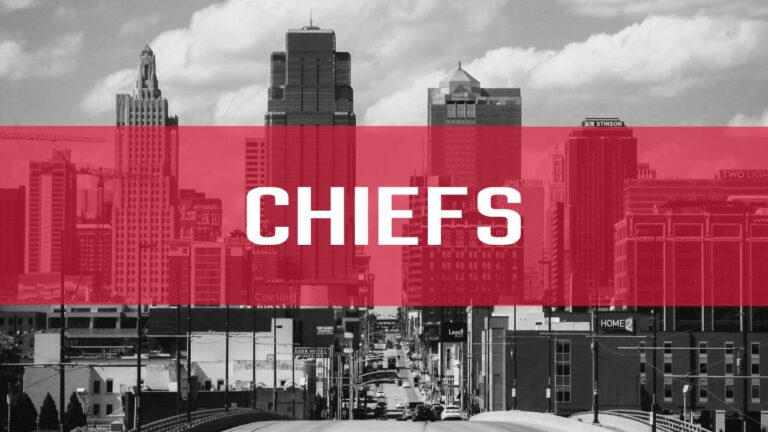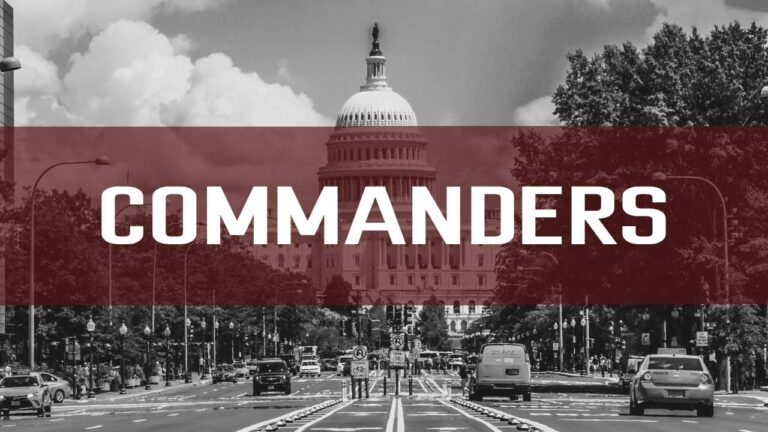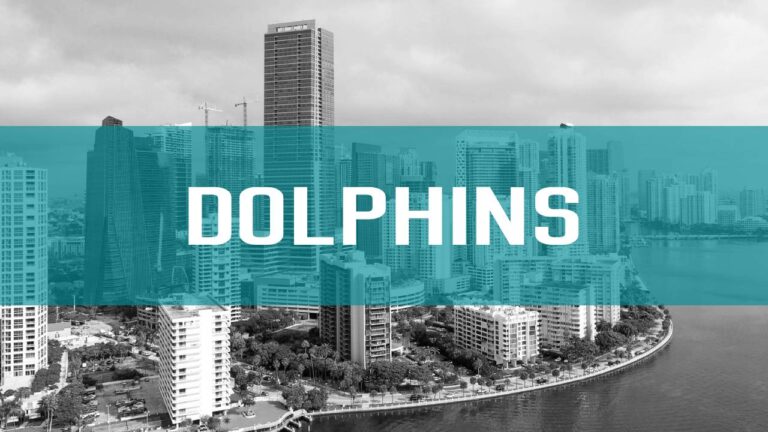
More and more NFL contracts are being front-loaded…
…and large sums of cash are being paid early as “roster bonuses”.
It is an increasingly common trend in big-money deals but will it become a problem for NFL owners?
How the cap is manipulated
NFL teams often pay large signing or roster bonuses up front, then spread the cap hit over multiple years using void years.
For example, a $30 million signing bonus on a five-year deal, with two void years, counts as $6 million per year on the cap, despite the player receiving the full $30 million immediately.
If the contract voids after year three, the remaining $12 million accelerates onto the following year’s cap as dead money – reducing spending power and flexibility.
The Covid-19 shift
The Covid-19 pandemic changed everything.
The 2020 season brought major revenue losses, and the salary cap dropped from $198.2 million in 2020 to $182.5 million in 2021. This was the first decline in over a decade.
To stay compliant, teams restructured contracts, used void years to spread cap charges and pushed financial pain into the future. The hope was that the cap would rebound once the pandemic ended.
That bet paid off. The cap has since surged, reaching $279.2 million for the 2025 season. As a result, teams have become comfortable with “kicking the can down the road” and banking on continued growth.
What is a roster bonus? Why use them?
A roster bonus is paid to a player for remaining on the team’s roster on a set date.
Unlike signing bonuses, which are spread over the length of the deal for cap purposes, roster bonuses usually count fully against the cap in the year they are paid, unless they are fully guaranteed at signing.
Front-loading contracts with roster bonuses allows teams to absorb larger hits in the early years and reduce cap commitments later, thus creating room for future moves as the cap rises.
But this approach is cash-heavy. Teams must be prepared to pay tens of millions in real money, sometimes within days of a contract being signed.
The risks of front-loading
Cash flow
Clubs must ensure they have the liquidity to meet large early payments. This can strain finances, especially for teams without massive revenue streams.
Dead cap
If a player is cut or underperforms, unamortised bonus amounts accelerate into the cap as dead money. This limits future flexibility and can compound quickly if multiple contracts void at once.
Uneven playing field
Wealthier teams are better equipped to handle front-loaded deals. This could widen the financial gap between franchises and impact competitive balance.
Cash is king: A look at the numbers
There is a stark contrast in how much real money teams have available.
The Green Bay Packers – the NFL’s only publicly owned franchise – hold cash reserves of roughly $500 million.
Los Angeles Rams owner Stan Kroenke, by comparison, has a net worth of around $18 billion.
Both clubs operate under the same cap, but one has vastly more capacity to pay large sums up front. That disparity matters.
Which teams are using this strategy?
Philadelphia Eagles
General manager Howie Roseman is widely praised for his aggressive roster building, and the Eagles have leaned heavily on front-loaded contracts and void years.
In 2024, the Philadelphia Eagles spent approximately $399 million on their roster – around 32% more than the league average.
That spending helped them lift the Lombardi Trophy in February 2025, defeating the Kansas City Chiefs in the Super Bowl.
But there is a cost. The Eagles already face a projected $49 million in dead cap for 2025. If the void-year strategy continues unchecked, that figure could balloon significantly and quickly.
If their recent draft classes perform well, this risk may be mitigated. And some would argue a Super Bowl is always worth the financial fallout.
San Francisco 49ers
The San Francisco 49ers have also used front-loaded contracts, including with the recent extension of quarterback Brock Purdy.
In 2024, the Niners sold a 6.2% minority stake in the franchise at a valuation of $8.6 billion, netting over $500 million in fresh capital.
This cash injection helps explain their comfort with large upfront costs. The same ownership group has also acquired Glasgow Rangers and Leeds United – a pattern of investing in high-upkeep sporting institutions.
The bigger picture
Is it worth aggressively mortgaging your future to win now?
For some teams, it clearly is. The Philadelphia Eagles proved that this year. But not every club has the financial muscle to pull it off.
Front-loading deals means spending real money now, potentially hundreds of millions of dollars in a single offseason.
For some franchises, that simply is not an option. And that could give the league’s richest clubs a growing edge.





